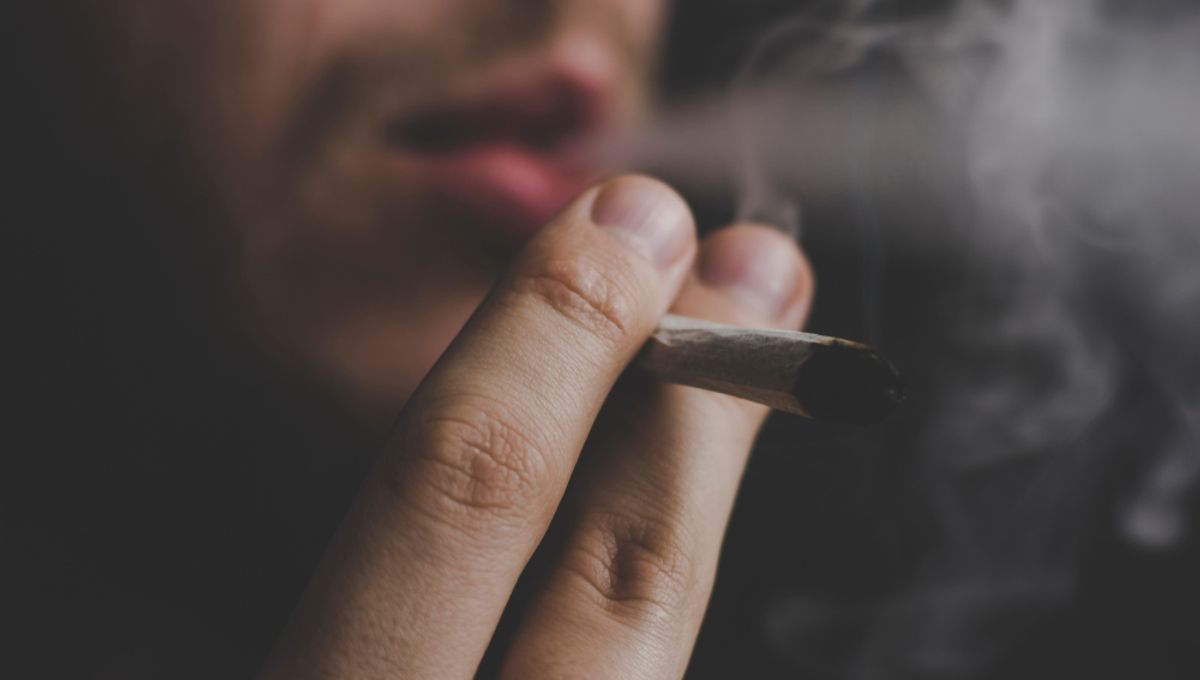
Two new studies have highlighted that the use of cannabis by teenagers may greatly increase the risk of developing schizophrenia and other psychiatric disorders, particularly in young boys. While currently only correlational, the studies suggest that the scale of the issue may be larger than previously thought, supporting previous research into how cannabis may be involved in the onset of mental illness.
The link was found even in teens that were using cannabis recreationally, not just in people with cannabis use disorder.
“Perceptions exist among youth, parents, and educators that casual cannabis use is benign,” said Ryan Sultan, MD, assistant professor of clinical psychiatry in the Department of Psychiatry at Columbia and one of the study’s lead authors, in a statement.
“We were surprised to see that cannabis use had such strong associations to adverse mental health and life outcomes for teens who did not meet the criteria for having a substance use condition.”
Previous studies have identified a link between cannabis use and schizophrenia specifically, with a 2002 study finding a causal link between the two and suggesting around 15 percent of UK schizophrenia cases could be avoided if cannabis use ceased. Evidence also suggests cannabis use alters the development of the cerebral cortex, which controls reasoning in the brain, and that use during adolescence may be problematic. However, estimating the scale of the link and continuing to find evidence for it is paramount, as many studies remain tenuous.
The first study looked at a sample of respondents from the National Survey on Drug Use and Health and analyzed them for cannabis use. They found that around 1 in 10 were recreational users, and roughly 1 in 40 were considered to meet the criteria for cannabis use disorder. The researchers determined whether they had a cannabis use disorder based on a number of criteria, including whether they had constant cravings and social problems.
For teens without a cannabis use disorder but that still used it recreationally, the study found a 2-2.5 times increased risk of adverse mental health outcomes, while teens with a use disorder had a 3.5-4.5 times increased risk.
A separate study looked at 6 million people in Denmark. The researchers looked for correlations between people with cannabis use disorder and whether they were diagnosed with schizophrenia across different age groups and sexes. They found a strong correlation between cannabis use disorders and schizophrenia in men and women aged 16-49 – but it was particularly strong among men, with 15 percent of schizophrenia cases in 2021 attributed to cannabis use disorder in men and 4 percent in women. For young men aged 21-30, they estimated the number to be as high as 30 percent.
“The entanglement of substance use disorders and mental illnesses is a major public health issue, requiring urgent action and support for people who need it,” said NIDA Director and second study coauthor Nora Volkow, in a statement.
“As access to potent cannabis products continues to expand, it is crucial that we also expand prevention, screening, and treatment for people who may experience mental illnesses associated with cannabis use. The findings from this study are one step in that direction and can help inform decisions that health care providers may make in caring for patients, as well as decisions that individuals may make about their own cannabis use.”
Both studies argue that these links need to be further investigated to look for underlying mechanisms and hope that they can influence policy in reducing cannabis use disorder in young people. While the results are concerning, hope isn’t all lost – a recent report by the CDC has suggested that the legalization of cannabis in the US has actually reduced teen use. Education on its potential adverse effects needs to continue, but it’s possible that underage use is trending in a positive direction.
The studies were published in JAMA Open Network and Psychological Medicine.
Source Link: Teen Cannabis Use May Strongly Increase Risk Of Psychiatric Disorders, Particularly In Men